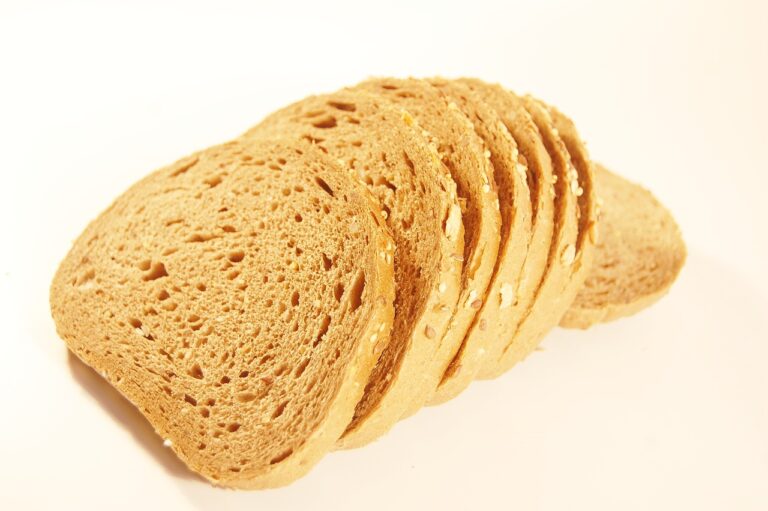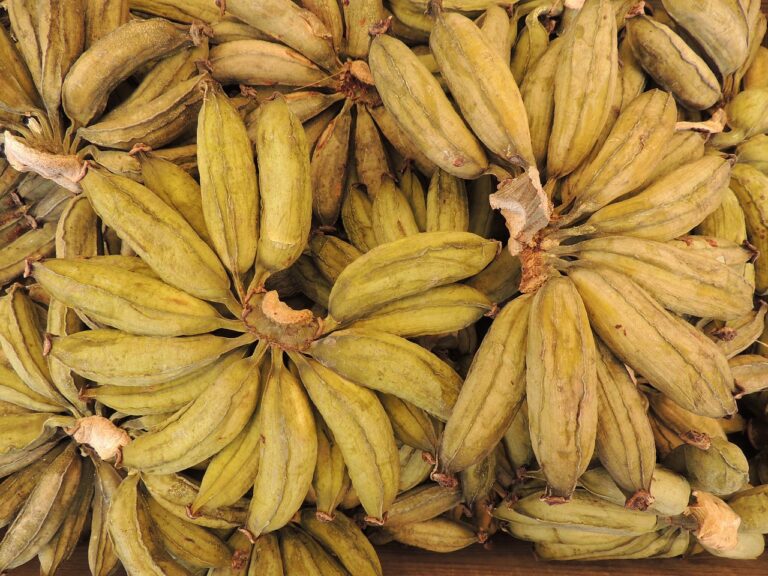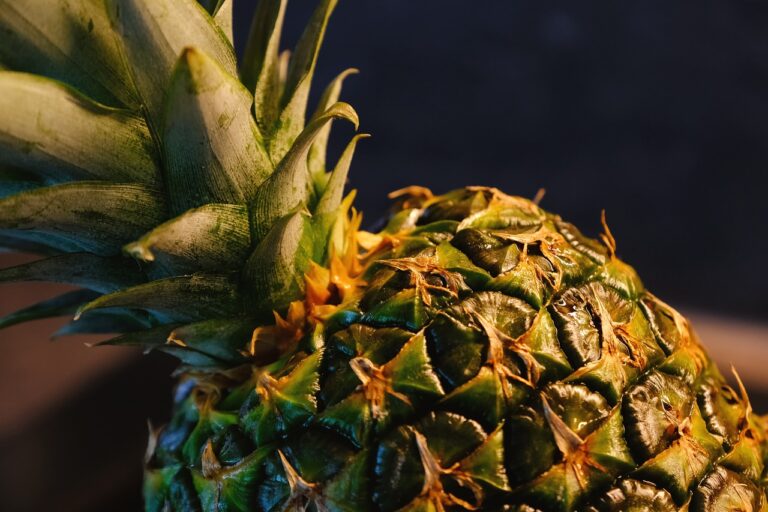Spotlight on Responsible Shrimp Harvesting for Protein Bar Ingredients: Lotusbook365 login, Play99exch com, All panel login
lotusbook365 login, play99exch com, all panel login: Spotlight on Responsible Shrimp Harvesting for Protein Bar Ingredients
Are you a fan of protein bars? If so, you may be interested in learning more about the responsible sourcing of ingredients used in these popular snacks. In particular, let’s take a closer look at shrimp harvesting for protein bar ingredients.
Shrimp is a common ingredient found in many protein bars due to its high protein content and delicious taste. However, the way shrimp is harvested can have a significant impact on the environment and local communities. That’s why it’s essential to shine a spotlight on responsible shrimp harvesting practices.
In this article, we’ll explore the importance of sustainable shrimp harvesting, the benefits of choosing responsibly sourced shrimp for your protein bars, and how you can make a difference with your purchasing decisions.
The Impact of Shrimp Harvesting on the Environment
Shrimp harvesting can have a range of environmental impacts, from habitat destruction to pollution. Traditional shrimp farming practices often involve clearing mangrove forests to make way for shrimp ponds, which can devastate vital ecosystems and disrupt local biodiversity.
Additionally, irresponsible shrimp farming can lead to water pollution through the use of antibiotics and chemicals, as well as the release of untreated wastewater into surrounding waterways. This pollution can harm aquatic life and ecosystems, impacting not only the local environment but also larger marine ecosystems.
The Importance of Sustainable Shrimp Harvesting
Sustainable shrimp harvesting practices aim to minimize the negative impacts of shrimp farming on the environment and local communities. By choosing responsibly sourced shrimp for your protein bars, you can support companies that are committed to protecting the environment and promoting social responsibility.
One key aspect of sustainable shrimp harvesting is the use of environmentally friendly farming methods that minimize habitat destruction and pollution. This can include practices such as utilizing recirculating aquaculture systems, which reduce water usage and minimize the discharge of pollutants into the environment.
In addition to environmental considerations, sustainable shrimp harvesting also focuses on social responsibility, including fair labor practices and community engagement. By supporting companies that prioritize these values, you can help ensure that shrimp farming is a force for good in local communities.
The Benefits of Choosing Responsibly Sourced Shrimp for Protein Bars
There are numerous benefits to choosing responsibly sourced shrimp for your protein bars. Not only can you feel good about supporting companies that are committed to sustainability and social responsibility, but you can also enjoy a higher quality product.
Responsibly sourced shrimp is often of a higher quality than conventionally farmed shrimp, as it is typically raised in cleaner environments with fewer chemicals and antibiotics. This can result in a tastier and more nutritious protein bar that is free from harmful contaminants.
Additionally, by choosing responsibly sourced shrimp, you are helping to protect the environment and support sustainable farming practices. This can have a positive impact on marine ecosystems, biodiversity, and local communities, making a difference for both people and the planet.
How You Can Make a Difference
As a consumer, you have the power to make a difference with your purchasing decisions. By choosing protein bars made with responsibly sourced shrimp, you can support companies that are committed to sustainability and social responsibility.
Look for certifications such as the Aquaculture Stewardship Council (ASC) or the Marine Stewardship Council (MSC) when shopping for protein bars with shrimp ingredients. These certifications indicate that the shrimp used in the product was sourced from responsibly managed farms that meet strict environmental and social standards.
You can also support companies that are transparent about their sourcing practices and are committed to sustainable seafood sourcing. By asking questions about where the shrimp in your protein bars comes from and how it was harvested, you can make informed choices that align with your values.
In Conclusion
Responsible shrimp harvesting for protein bar ingredients is a crucial issue that deserves attention. By choosing protein bars made with responsibly sourced shrimp, you can support sustainable farming practices, protect the environment, and promote social responsibility.
Next time you reach for a protein bar, consider the impact of the ingredients used and opt for products that align with your values. By making conscious choices as a consumer, you can help create a more sustainable and ethical food system for the future.
FAQs
Q: Can I trust labels and certifications when choosing protein bars with shrimp ingredients?
A: Labels and certifications such as the ASC or MSC can be helpful indicators of responsible sourcing, but it’s important to do your own research and ask questions to ensure that the product meets your standards.
Q: Are there any specific brands that are known for using responsibly sourced shrimp in their protein bars?
A: Some brands, such as Wild Planet and LoveTheWild, are known for their commitment to sustainable seafood sourcing and may offer protein bars made with responsibly sourced shrimp.
Q: How can I learn more about the environmental and social impacts of shrimp farming?
A: There are many resources available online, including reports from organizations such as the World Wildlife Fund (WWF) and the Food and Agriculture Organization (FAO), that can provide more information on the topic.
Q: Is there a way to support sustainable seafood sourcing beyond choosing protein bars with responsibly sourced shrimp?
A: Yes, you can support sustainable seafood sourcing by choosing responsibly sourced seafood for all your meals, asking restaurants and grocery stores about their sourcing practices, and advocating for sustainable seafood policies in your community.







